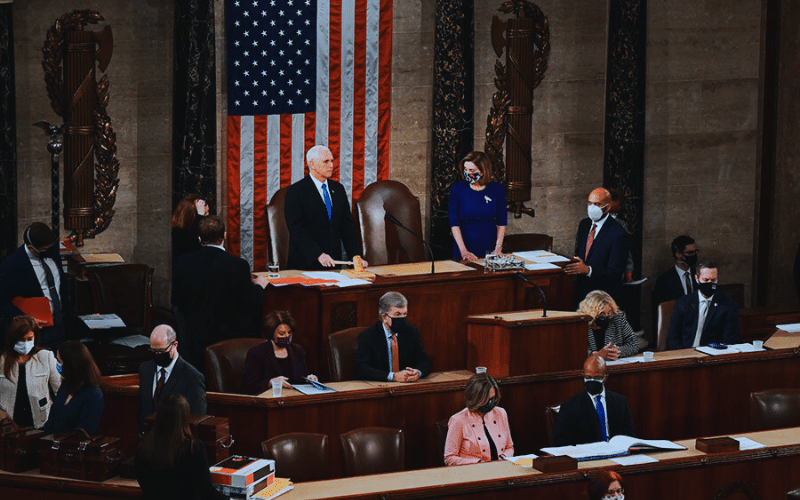Members of the United States House Financial Services Committee and House Agriculture Committee have unveiled a preliminary proposal, presenting a potential framework for classifying specific cryptocurrencies as digital commodities.
In an effort to bring regulatorily clarity to the crypto industry in the United States, Lawmakers have introduced a discussion draft outlining a proposed functional framework.
The draft bill seeks to prevent the U.S. Securities and Exchange Commission (SEC) from rejecting digital asset trending platforms’ registration as regulated alternative trading systems. It also aims to authorize these platforms to offer “digital commodities and payment stablecoins.”
Aiming to address concerns raised by the crypto community regarding the lack of clear regulations from the SEC, the proposed legislation takes a stricter stance. Under this bill’s framework, certain digital assets could be deemed digital commodities if they meet the criteria of being “functional and considered decentralized.” Additionally, the SEC would be required to provide a thorough analysis of any objections to classifying a firm as decentralized.
As per the draft, the Act mandates the SEC to make amendments to its rules, permitting broker-dealers to hold custody of digital assets, provided they meet specific criteria. Furthermore, “the Act would require the SEC to write rules to modernize certain regulations for digital assets.”
Paul Grewal, Coinbase’s chief legal officer, expressed appreciation for the draft bill, highlighting its ability to establish regulatory jurisdiction and definitions. However, Grewal emphasized the need for a thorough review before a formal introduction.
Notably, Coinbase has recently launched a pro-adoption advertising campaign in anticipation of an upcoming lobbying event in Washington, D.C., Slated for July.
House Financial Services Committee Chair Patrick McHenry and House Agriculture Committee Chair Glenn Thompson, both Republicans, introduced the legislation. Notably, the bill was drafted without input from lawmakers from the opposing political party. While Democrats and Republicans have shown occasional bipartisan collaboration on crypto regulation, the potential progress of this proposed legislation remains certain in a divided Congress.
Also Read: U.S Court Approval: IRS Can Now Access Coinbase User Data






